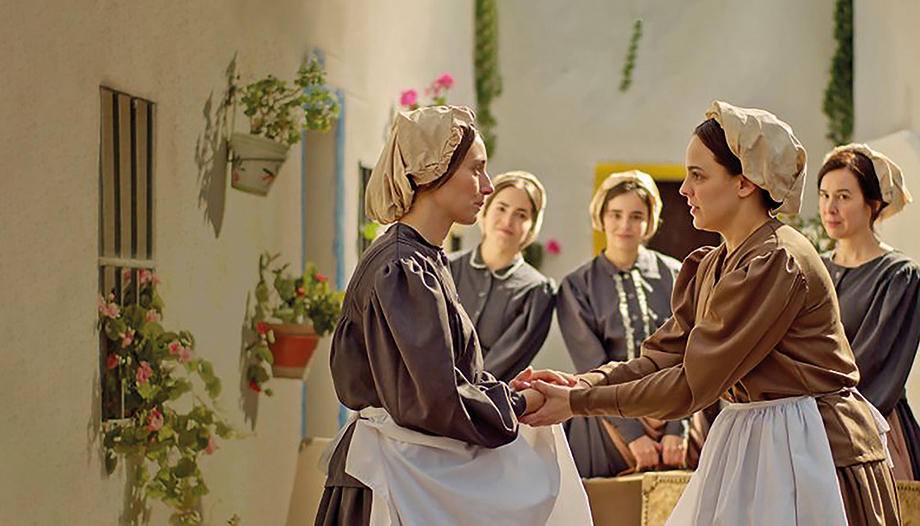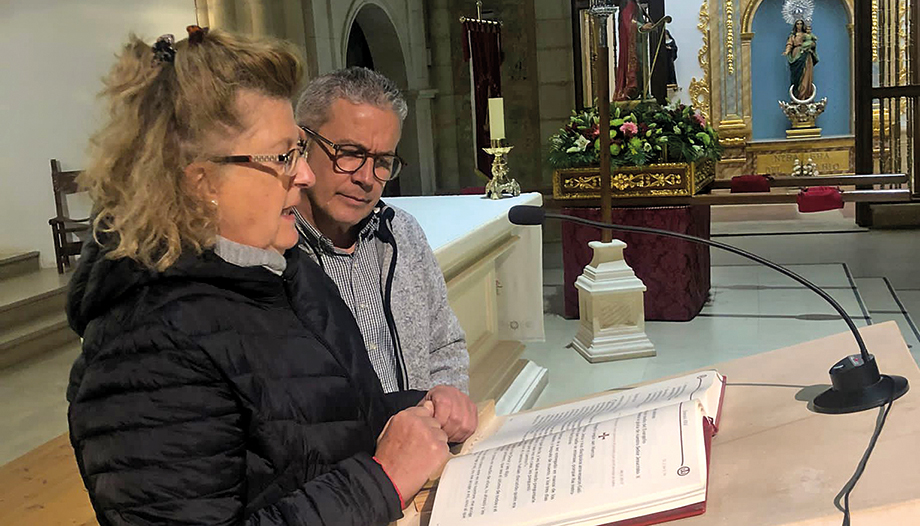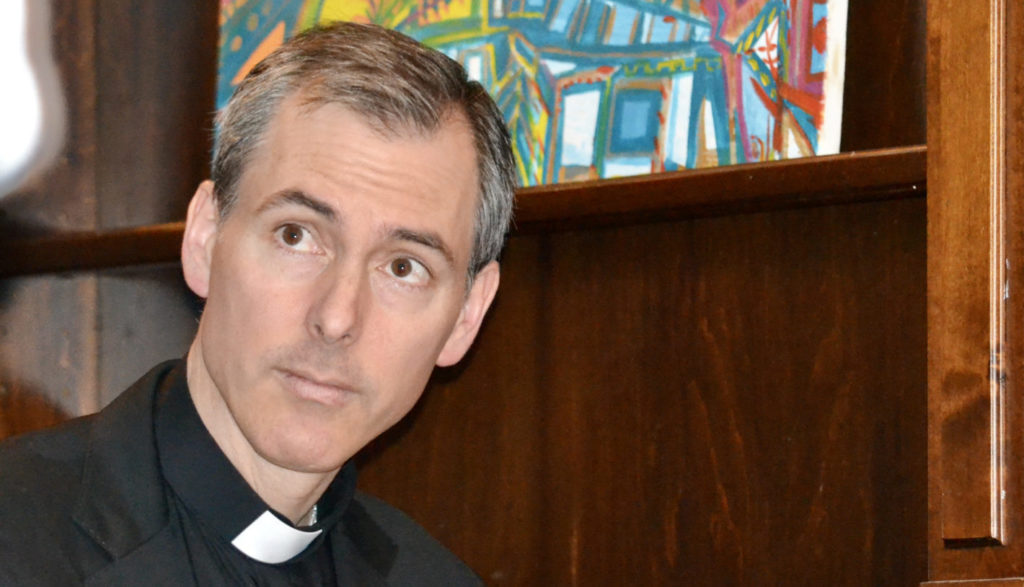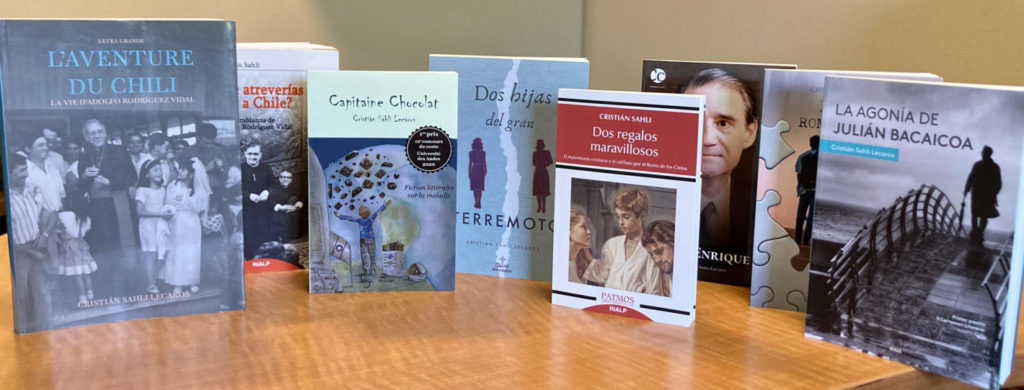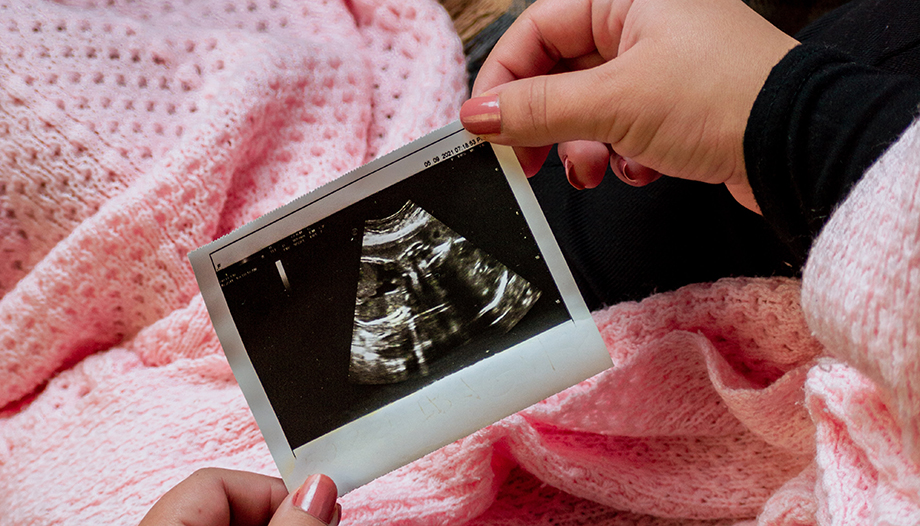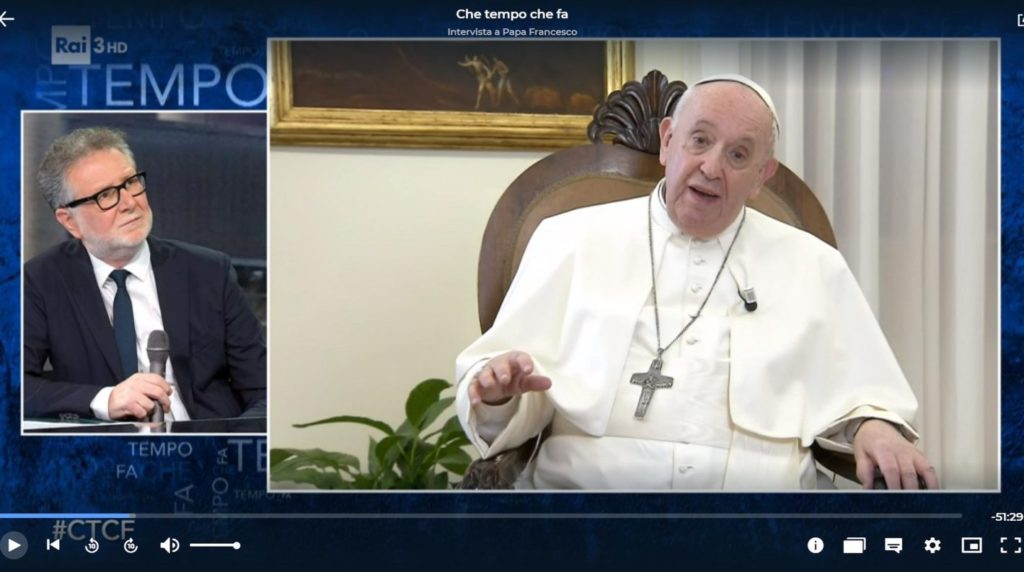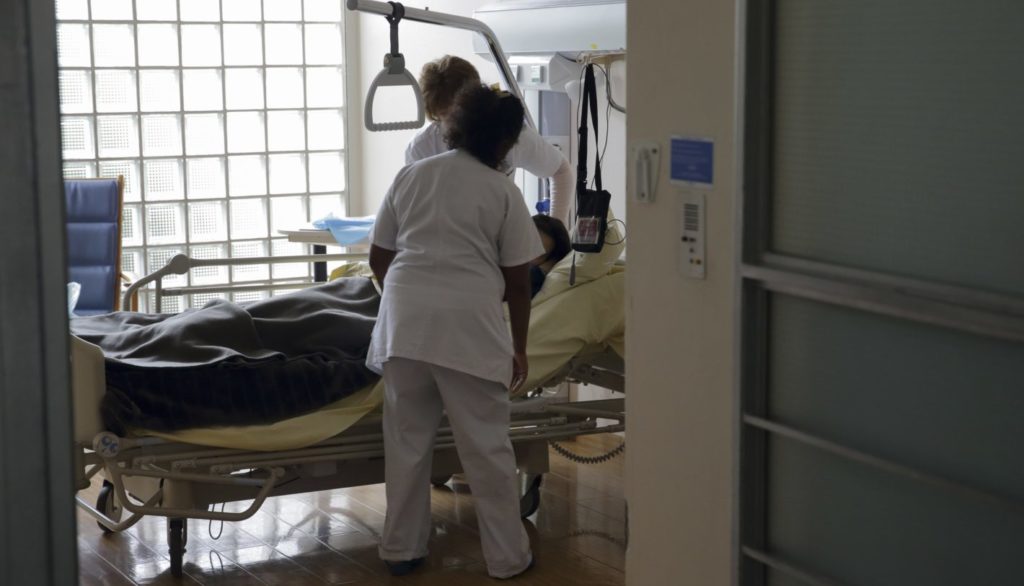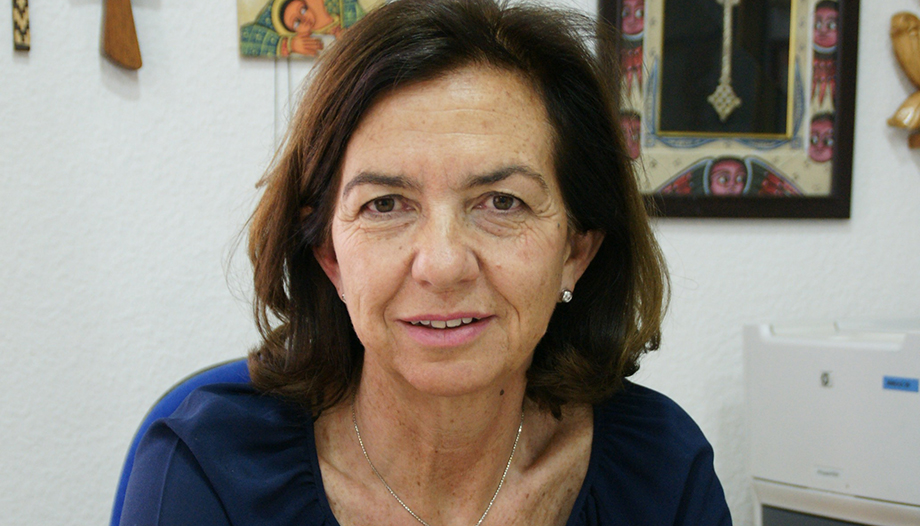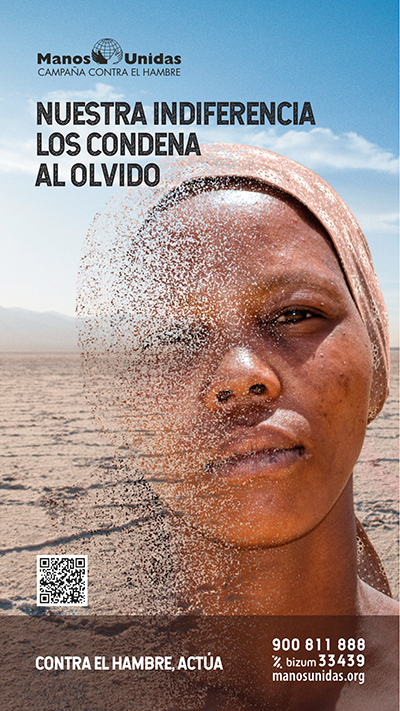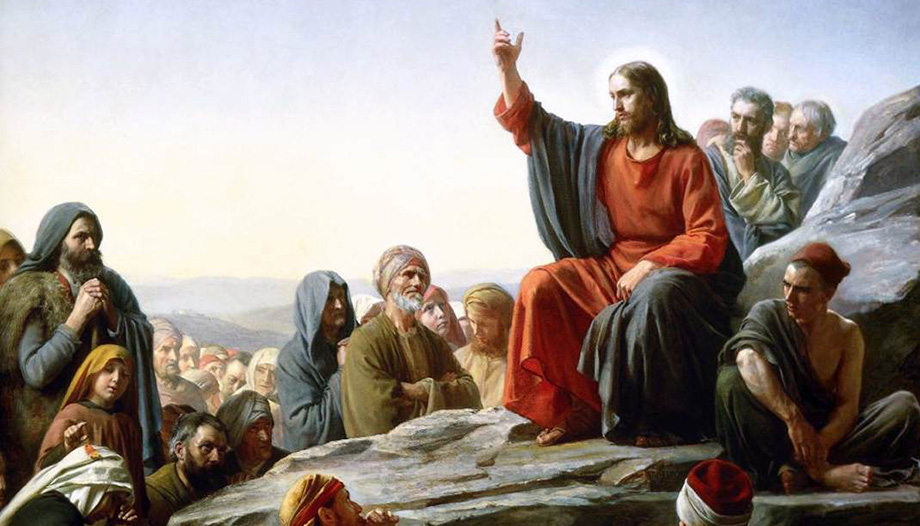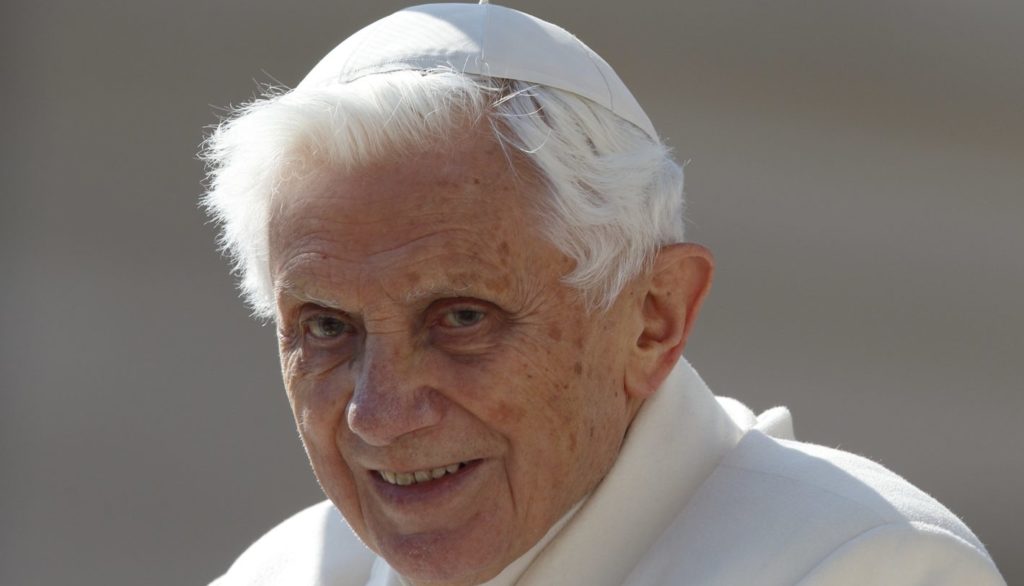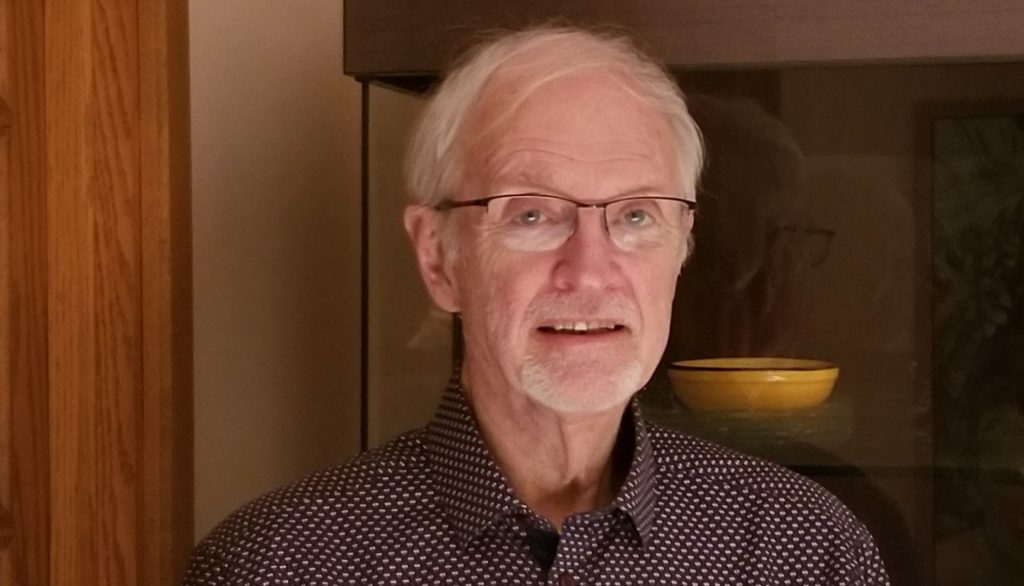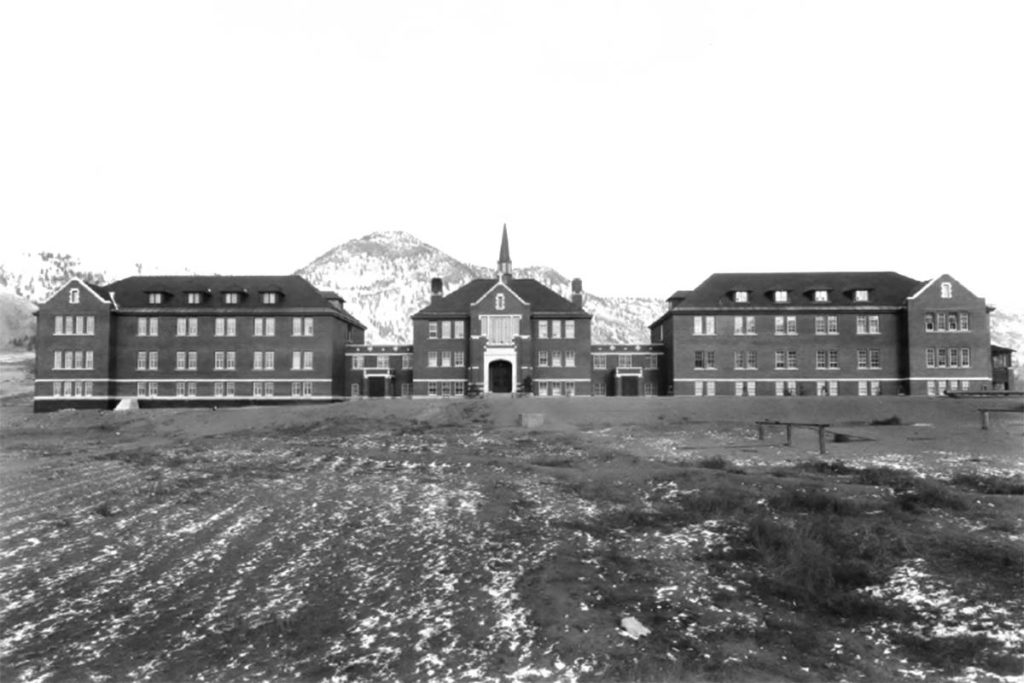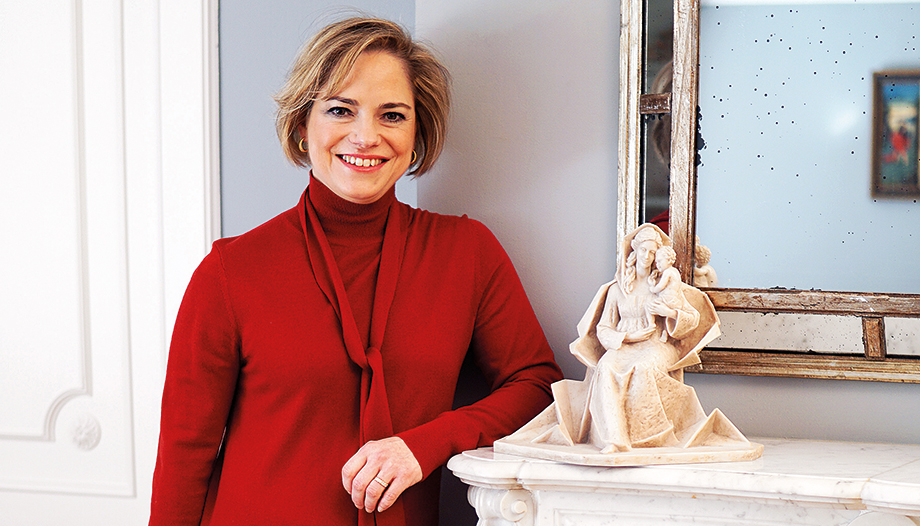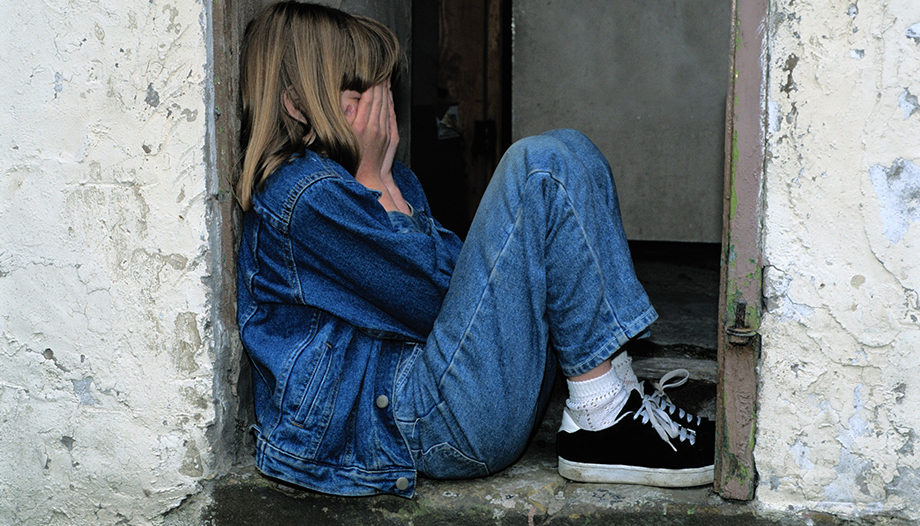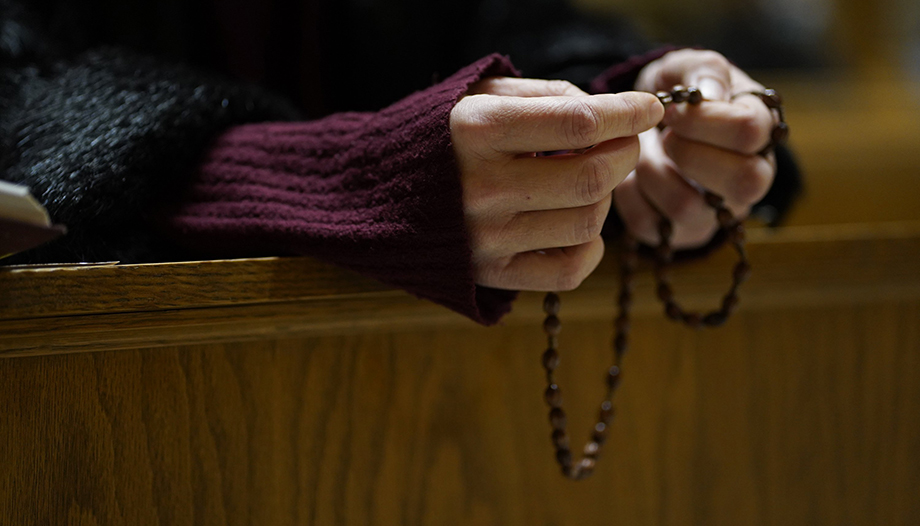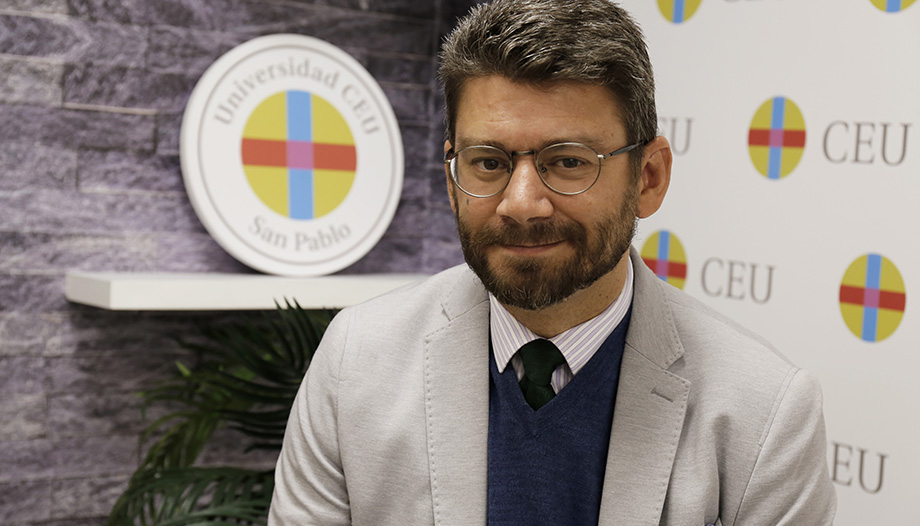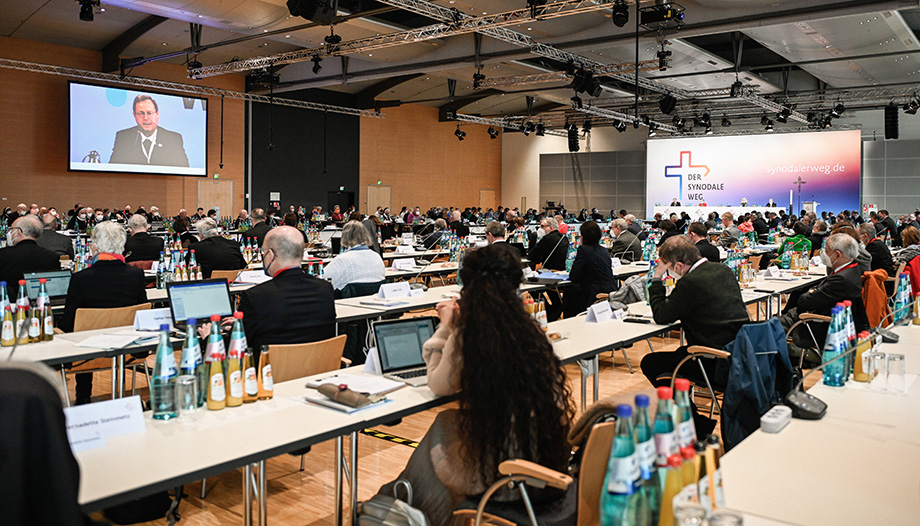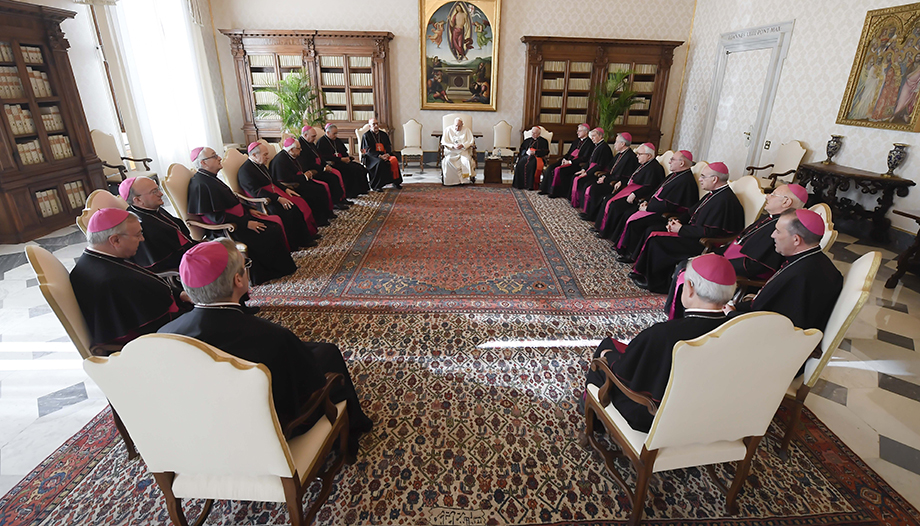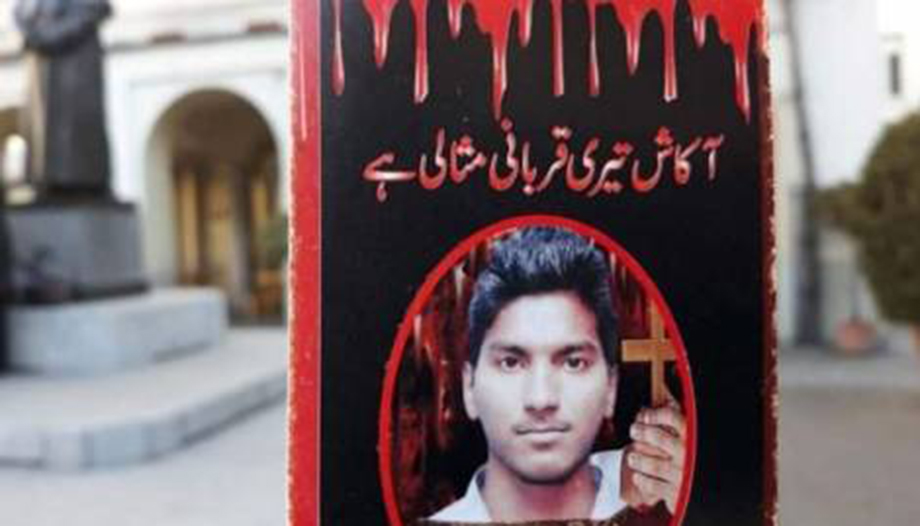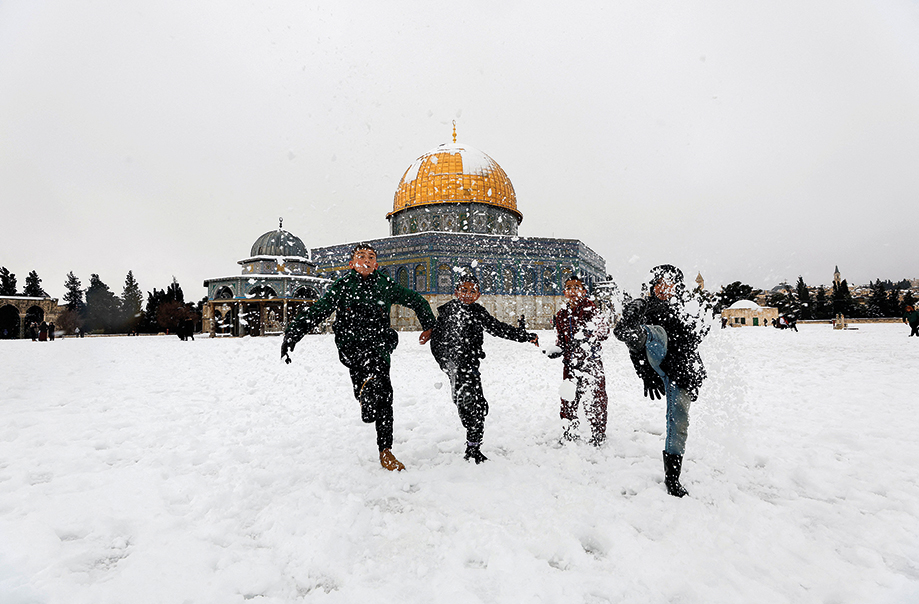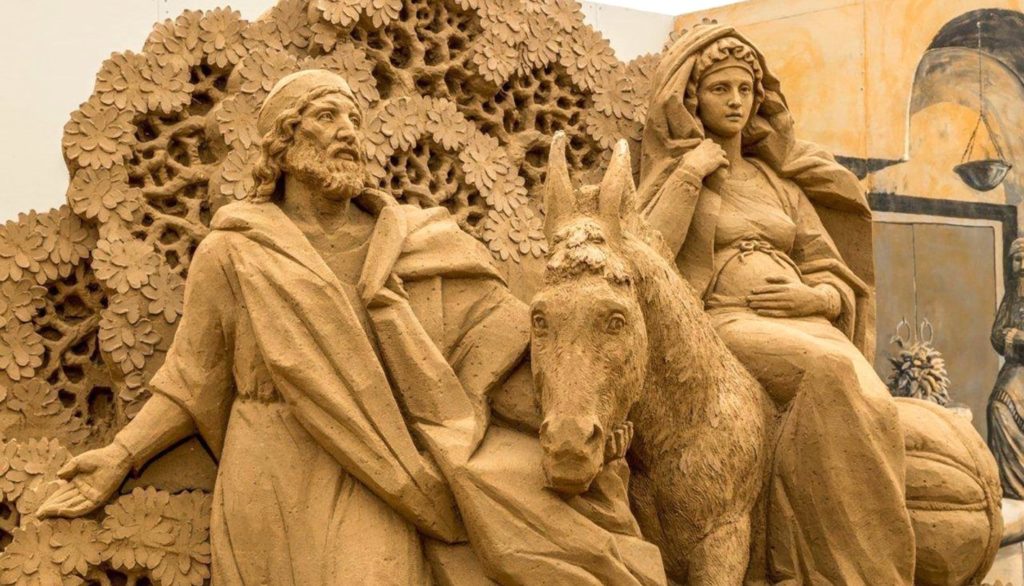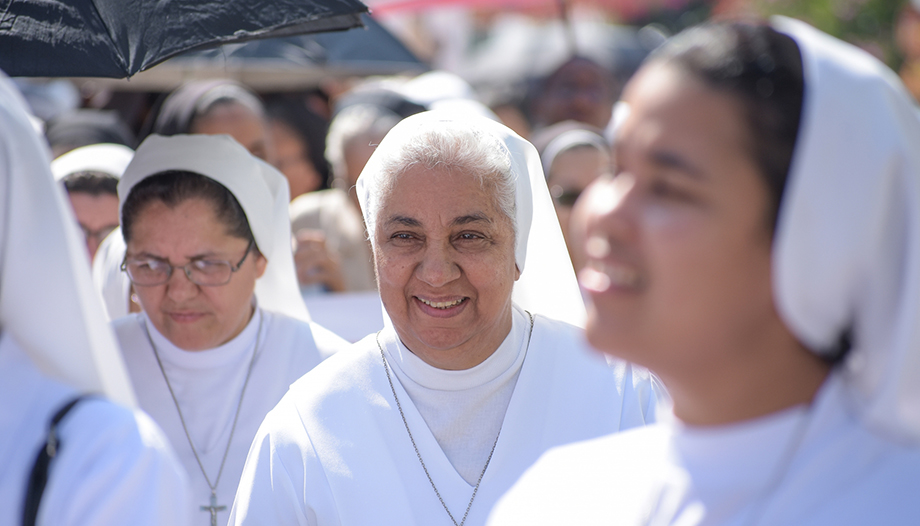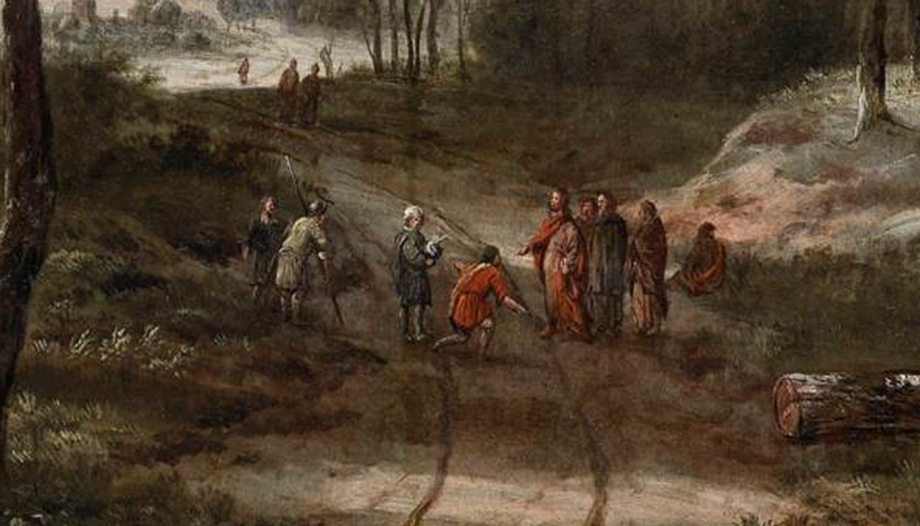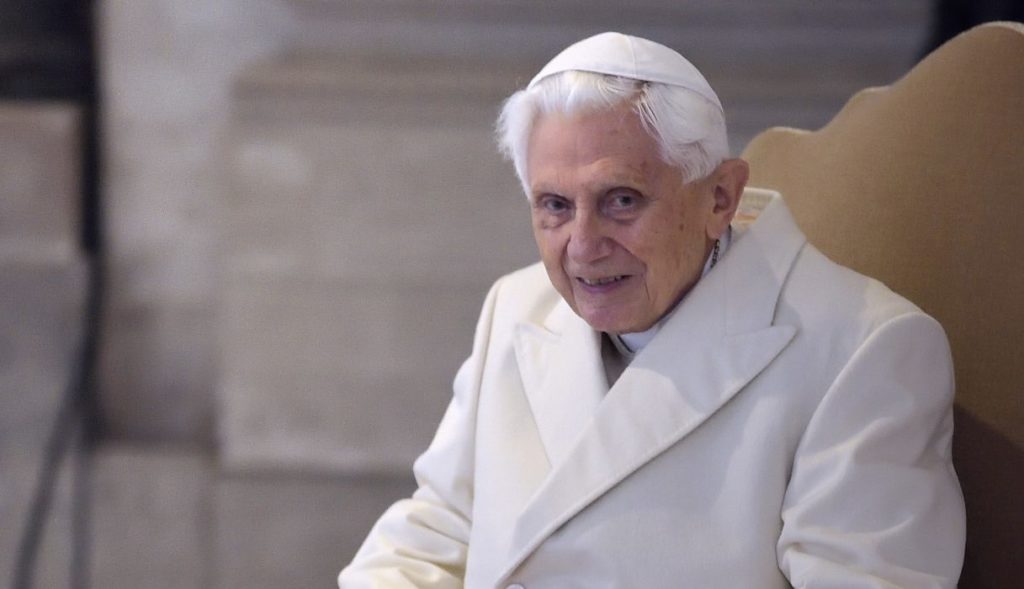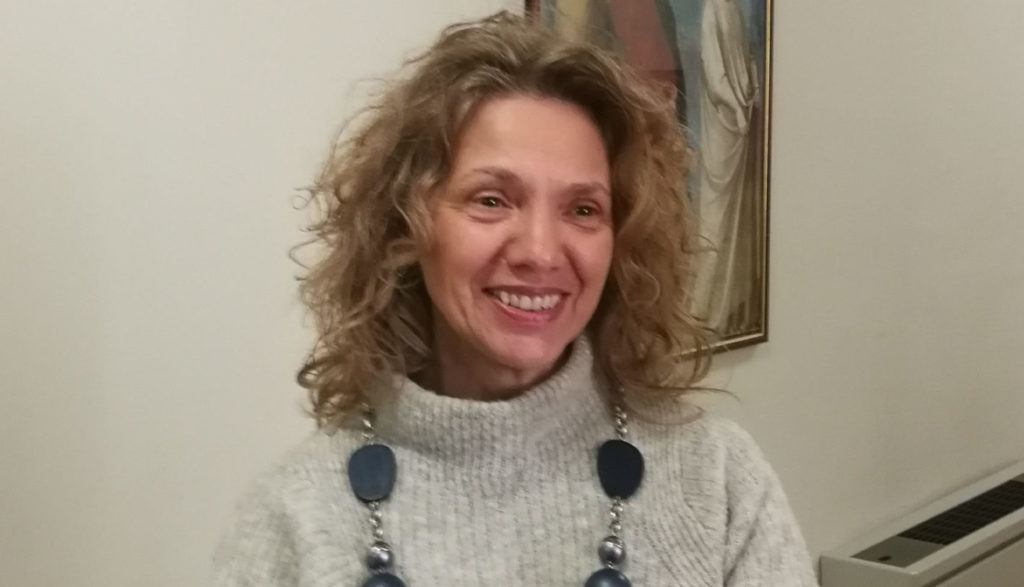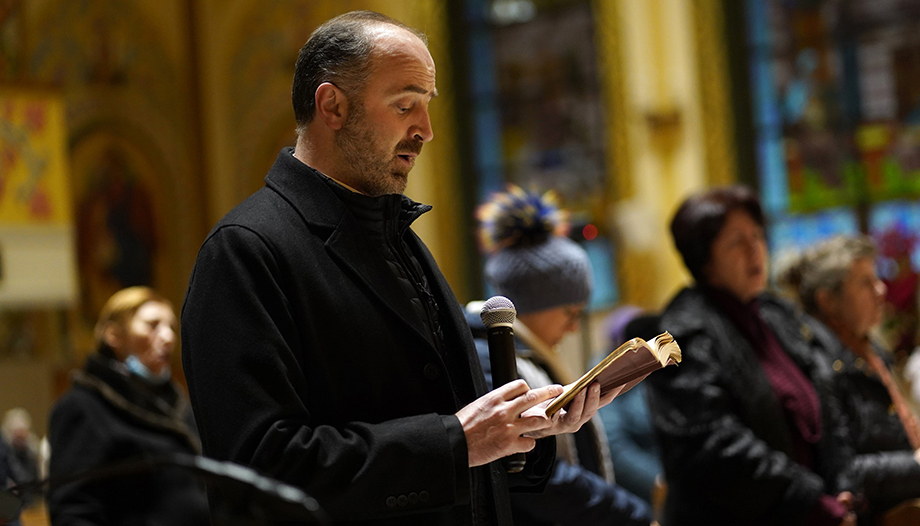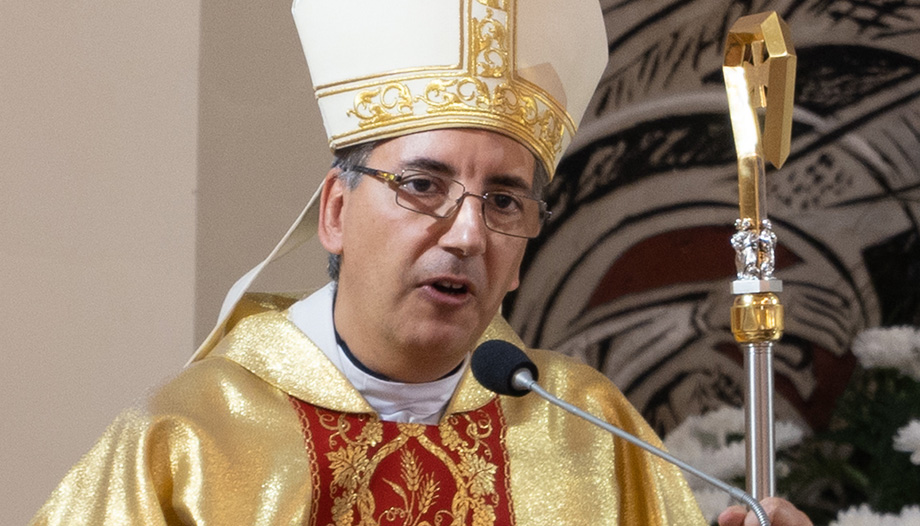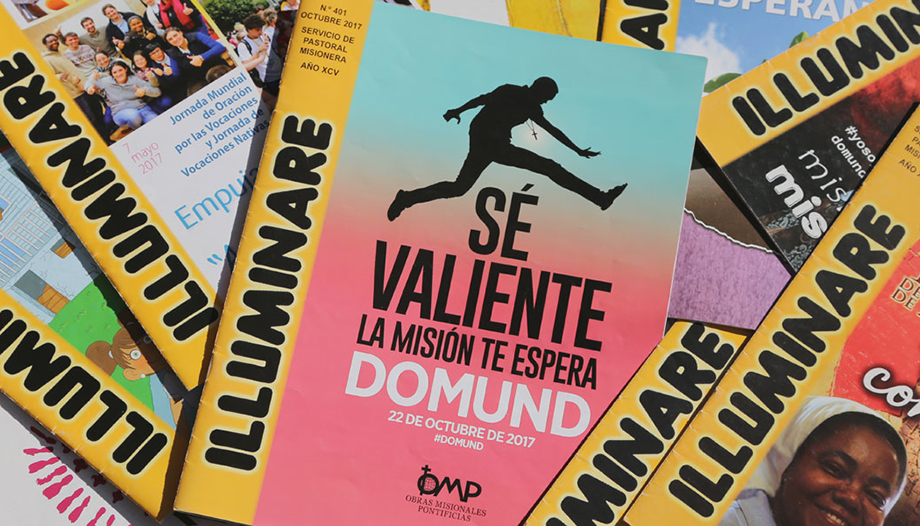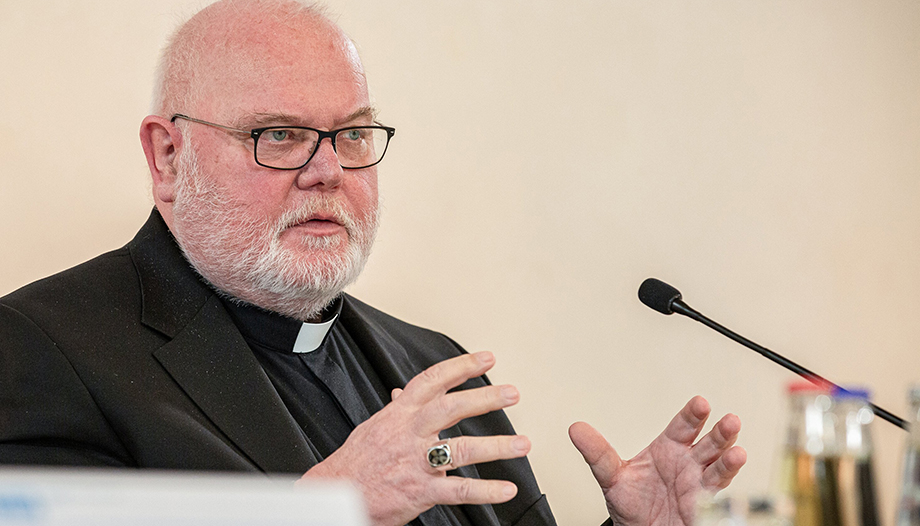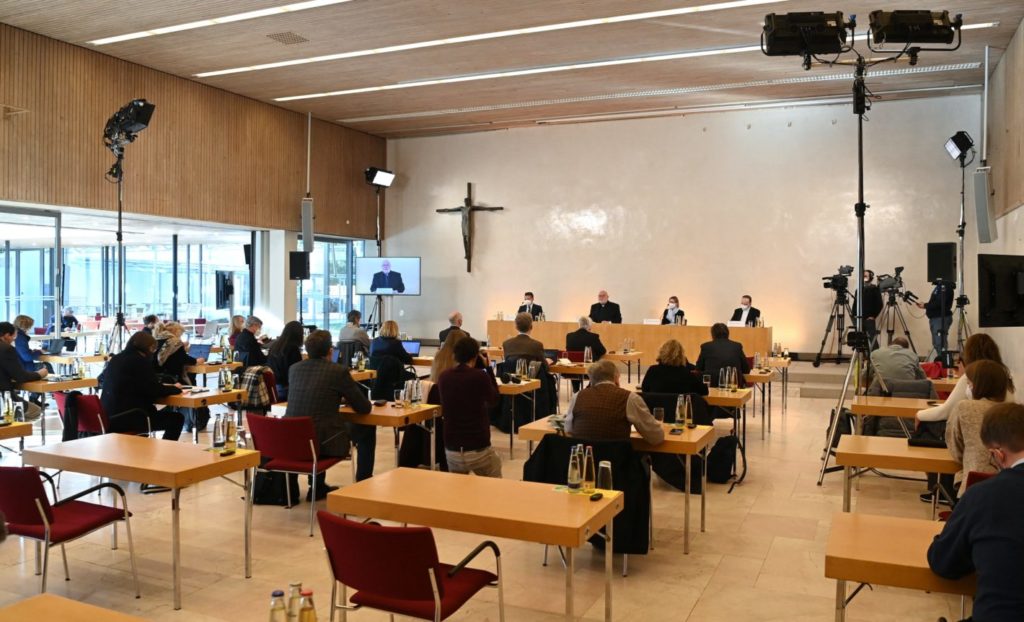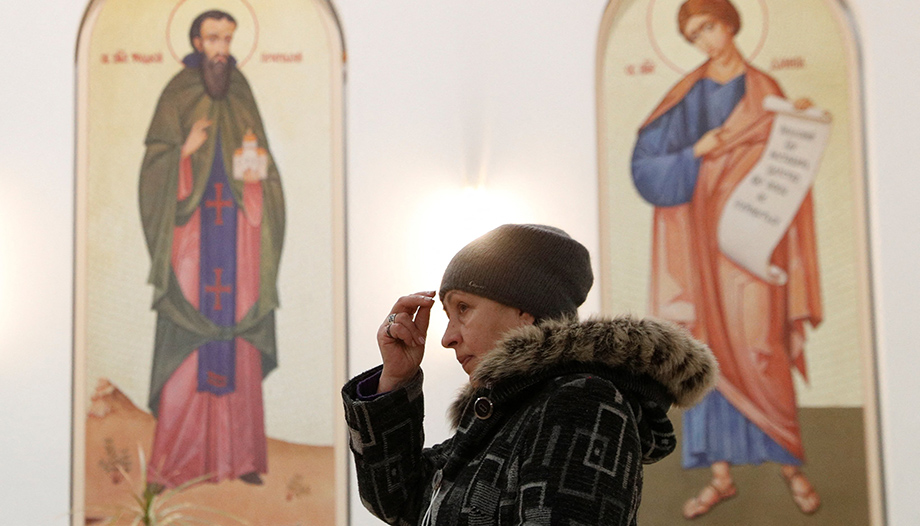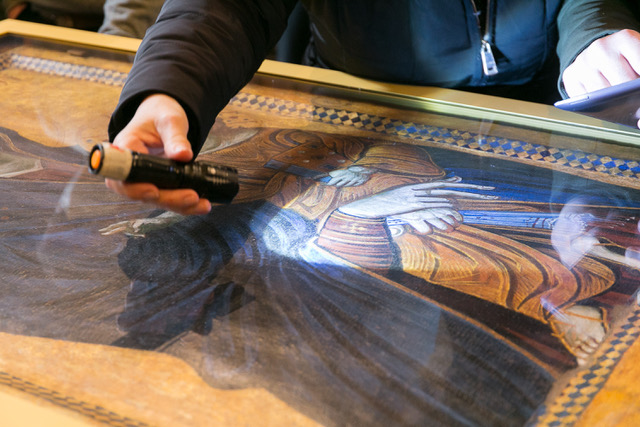He recognizes that "we are in a moment of crisis in the humanities", although he assures that "there are reasons for hope". He is in favor of betting on "humanistic training", and this is what he has launched at the University of Navarra. And he affirms "as a hypothesis", after many conversations with different people, that "from the sociological point of view, Christianity in Spain today can be described as bourgeois", in the sense of "not taking risks, having everything under control, defined", whose "superior value is stability. And a Christianity with a bourgeois mentality is problematic. Because it lacks the sense of mission that Christianity has always had".
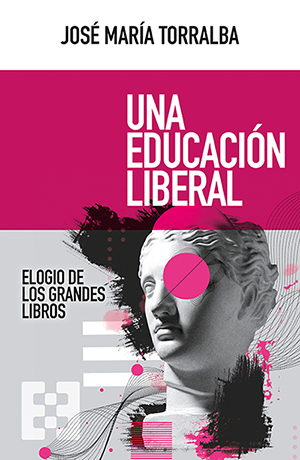
The author of these and other reflections is José María Torralba (Valencia, 1979), professor of Moral and Political Philosophy and director of the Core Curriculum Institute at the University of Navarra, who has been a visiting researcher at the universities of Oxford, Munich, Chicago and Leipzig. Professor Torralba directs the Great Books Program at the University of Navarra, as you will see in the interview, and has just published the book "A Liberal Education. Elogio de los grandes libros", by Ediciones Encuentro, which will go on sale on March 1.
Like someone who has never broken a dish, in a calm voice, Professor Torralba says things that should be noted. For example, that his wish is that the Master's Degree in Christianity and Contemporary Culture presented in Madrid will serve "as a platform, or forum to participate in the cultural and intellectual debates that are currently taking place in our country, and as a way to be more present in Madrid. A forum for dialogue and meeting for all those who wish to come".
This week, more than 400 people gathered, in person and online, for a colloquium organized by the University of Navarra at its Madrid campus, on the occasion of the Master's program that will be launched in the next academic year 2022-23. Participants included Gregorio Luri, philosopher and educator; Lupe de la Vallina, photographer; and Ricardo Piñero, professor of Aesthetics and professor of the Master's program.
In this interview, José María Torralba unravels some of the inner workings of this Master's program, its gestation and the ideas behind it.
The new president of the University of Navarra, Maria IraburuD. in Biology, referred to Strategy 2025 when she took office: "Transformative teaching, research focused on social, environmental and economic issues, and interdisciplinary projects, such as the Bioma Center and its Science Museum, which will enable us to contribute to the great challenges of our time". Well, here is another one, "interdisciplinary", as José María Torralba calls it, "a shared project of the whole University", reveals the professor.
Where did you study, Professor?
-I studied philosophy at the University of Valencia, the public university, and I ended up in Navarra.
I have been the director of the Core Curriculum Institute at the University of Navarra since 2013, 9 years ago.
His latest book is about to come out, according to what has been leaked to us. And as Umbral said that he had gone to a program to talk about his book, I ask him about his.
-I picked it up yesterday from the publisher. It is materially published, and now the dissemination stage begins. The title is 'A liberal education. Eulogy of the great books', in Ediciones Encuentro. There I gather the experience of ten years of work on the Core Curriculum. This is a concept that is not well understood in Spain.
Define the Core Curriculum.
-Core Curriculum is the humanistic education aimed at students of any career in the university. That all students benefit from having a good humanistic foundation is the ideal of the Core Curriculum or liberal education, according to Newman's original term. It is an education that is not only pragmatic or utilitarian, focused on getting a job, but is the education of the free man. This vision connects with the classical world and the humanities.
In the book, I talk about this project, which we have in the University of Navarraand which also exists in a few other universities. In fact, the book is intended to be a vindication. Education in Spain would improve if we incorporated what some other good universities do, in the United States but also in Europe.
Specifically, I am talking about a methodology that is that of great books seminar. The idea is to make a list of classic works of literature and thought (Shakespeare, the Odyssey, Aristotle, etc.). The students read these books, and then in class, in small groups of 25 students, in a seminar format, they comment on them and talk about them, the major themes that are there. Another element is that the students must write argumentative essays, choosing a major theme: freedom, destiny, justice, love....
At the University of Navarra we started it eight years ago and it is called the Great Books Program. We have been running the program since Core Curriculum Institute. It is already consolidated, and is now attended by close to a thousand students.
It is interdisciplinary...
We call it inter-faculty, because in the classes there are students from various degrees: Architecture, Economics, Law...etc. This is very enriching and very university-like: to have different perspectives. These subjects are part of the curriculum. At the University of Navarra, as in other universities, the degrees now have 240 credits that students must take. Of those 240, there are 18, in our case, which are Core Curriculum, humanistic subjects. And we tell the students: one of the possibilities to take those 18 credits are the seminars of great books. These are subjects with evaluation, obligatory, but taking the great books seminars is optional.
Let us delve a little deeper. These educational commitments do not seem to be made just for the sake of it. Have we been witnessing for some time now a certain cancellation of the humanities, a crisis of the humanities?
-There is a general tendency in the Western world for education to be very much oriented to the labor market, to what is immediately useful. That is clear, and everything that goes in the direction of the spirit, of the humanistic, of culture or reflection, is left behind. I would say that in universities even more clearly. Although there are humanities degrees, which there still are, effectively, the bulk of education continues to be of a professional nature. This is not bad in itself, because the university has to have careers to qualify for professional life. The interesting thing about the great books program that we have discussed, and humanistic education in general, is that it can also be offered to engineering or medical students. I think that is the educational ideal. A good education is one that offers you a qualification, a specialized qualification, but it is not reduced to that, it is combined with a good humanistic base of reflection, of the ability to ask the big questions about society and life.
I would say that, although we are in a moment of crisis in the humanities, there are also reasons for hope. And movements. I can mention two, in which I am closely involved and familiar with. In Europe, for the last six years, there has been a group of professors from different countries, especially from Holland, England and Germany, who organized a European congress on the Core Curriculum, the 'Liberal Arts and Core Texts Education'.
What is the dominant idea?
- In the three editions held so far, we have brought together almost 400 teachers from Europe. All of them are interested in the idea that education should not be reduced to the utilitarian. Although it is still a minority, there is progress. And then there are countries like Holland, whose university system is especially dynamic - the Spanish system is very static, because it is very controlled by the State. There they have much greater creativity. In the last 10 or 15 years, quite a few institutions have appeared, which are called Liberal Arts College, and they put this idea into practice. Education does not have to be directly focused on obtaining a job, but to give you a more basic, broader and more humanistic education. That on the one hand.
On the other hand, there is an association, the Association for Core Texts and Courses (ACTC), in the United States, a country where this subject is more developed. It has many universities, large and small, that offer a liberal education in this sense of humanistic training.
Also, for example, in Chile there is a university that a few years ago implemented a very good great books program. I do not accept the pessimism that we in the humanities have because 'this is sinking' and there is nothing to do. Things can be improved, even if it is difficult.
Could this sowing of concerns be somehow linked to, or provoked by, the debate on the deficit of intellectuals and Christian thought on issues such as freedom, education, family, etc.?
- From the educational point of view of institutions that have a Christian ideology, which is where the question of where is the voice of Christians, or the Christian perspective in the great debates, I agree that it is absent, especially in our country. It is all the more striking because of the sociological change that has taken place in a few decades, from an officially Christian society. What are the causes? One of the main ones is the type of education offered in Christian institutions or in religious formation in parishes, which is not as good as it should be, or is not up to the needs of the moment.
If we look at other countries -the United States is the reference-, any university, but also colleges, with a Christian identity, always have a very solid humanistic formation program. This is still not so present in Spain.
Indeed, in this reflection that has been opened on the fact that something must be done to change, clearly one of the ways to improve is to strengthen humanistic education. And here I would say one thing that seems important to me: a Core Curriculum, or a program of great books, cannot be approached in a utilitarian sense. In fact, if you want people to approach religion with a utilitarian perspective, you would be going against Newman's principle of liberal education. The only goal has to be to educate, that is, to get people to think for themselves and, to do that, to know the cultural tradition.
That in Spain, in the end, those who have a program of great books are universities of Christian inspiration? That is true. Nor is it a coincidence. But this is not something instrumental, a kind of strategy, but the fruit of conviction. A Christian-inspired university is interested in truth and considers tradition important. For this reason, it is not by chance that we have made this commitment at the University of Navarra.
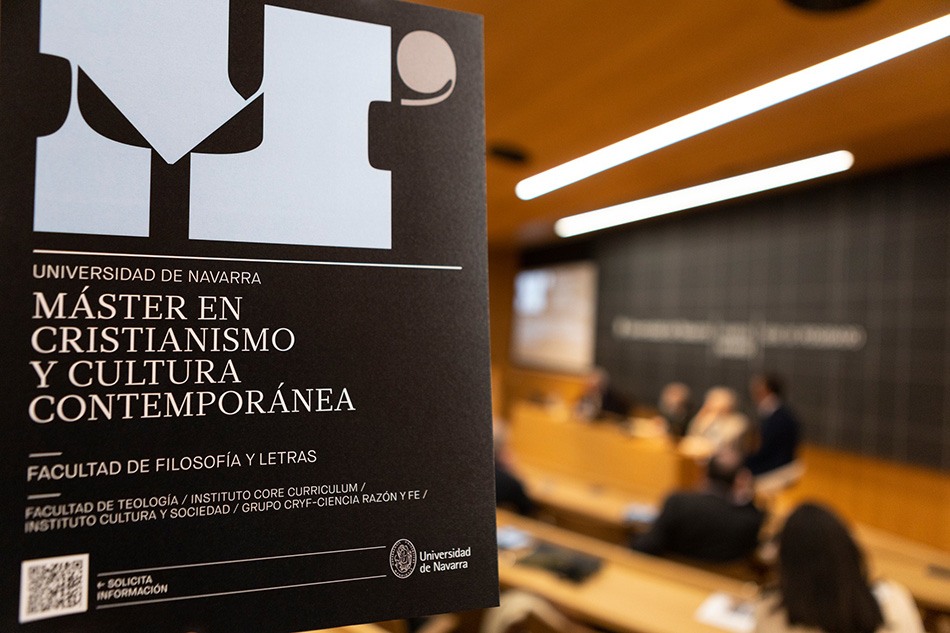
Master in Christianity and Contemporary Culture
In this line is situated, I suppose, the Master in Christianity and Contemporary Culture that the University of Navarra is launching. You have been involved in its gestation?
- The Master's program begins in September. The idea began to take shape almost three years ago, and is organized by the Faculty of Philosophy and Letters, in collaboration with the Faculty of Theology, the Core Curriculum Institute, the group of Science, Reason and Faith (CRYF) and the Institute for Culture and Society. It is a shared project of the entire University.
Although it comes out now, at a time when the debate of Christian intellectuals, of the academic and intellectual formation of people interested in Christianity, does not respond to this conjunctural situation. In any case, it comes at a very opportune moment. This is an idea.
The other idea that I can share, having been part of the commission that designed the Master's Degree, is that from the beginning there was an interest in it not being a Master's Degree in Humanities in general (in the sense of dealing with culture, or Christianity from history), nor a Master's Degree in Theology, but a Master's Degree in Christianity and Contemporary Culture.
For this, a large teaching staff (36 people) was thought of, because each subject has two teachers. There are professors of Theology, History, Philosophy, Literature, and also some of Science (Biology, Environment, etc.). And since the subjects are taught in pairs, it is easy for a philosopher and a theologian, a scientist and a theologian, etc. to coincide.
This helps interdisciplinary dialogue, which is very necessary, and also to ensure that the title of the Master's program is not misinterpreted, as if Christianity were on the one hand and contemporary culture on the other. The idea behind the Master's is that, in reality, there is a dialogue between both elements and that Christianity is present in contemporary culture, so that today's world is not foreign to Christianity.
There are also professors from other universities.
- Indeed. It is noteworthy that almost a third of the professors are not from the University of Navarra. There has been interest in having colleagues from Madrid, Valencia, and other places, for several reasons. First of all, the main objective of the Master's program is to offer a training program. For whom? We are thinking of professionals who want to better understand the contemporary world and its relationship with Christianity. It seems to us that this will be of great interest to people who work in the world of education, from secondary school to university, but also in the world of culture, journalists... It is a Master's degree that will enable them to create a qualified opinion on all these issues.
We would also like the Master's Degree to serve as a platform, a forum, to participate in the cultural and intellectual debates that are currently taking place in our country, and to be a way to be more present in Madrid. We intend to create a forum for dialogue and meeting for anyone who wants to come.
Christianity today
Sometimes Nietzsche (God is dead) or Azaña (Spain is no longer Catholic) come to mind. In some laws of not a few countries it is difficult to appreciate the dignity of the person. Are we afraid to dialogue?
- I can think of two answers. One, which also connects with the Master, is the idea of hope. The Christian is someone who lives with hope, because he has an origin and a destiny, and knows that the world has a meaning. We are not in a situation of nihilism, in which God is dead or has abandoned us.
I think that this experience of hope is becoming more present right now, and I could give examples from the field of literature or cultural creation. We have been in a cultural situation for some decades where there was no longer any remnant of the religious, at least publicly, that was relevant, and what is emerging in the last two or three years is a kind of longing. The reason is that it is a human need: to seek and find meaning in life, and the main source of meaning is religious. It is not the only one, but it is the main one.
We are in a very interesting moment, in which Christianity continues to have a proposal, as always, but perhaps now more people can appreciate it, in contrast to what we have been living in recent years. And then I would underline: what should be the Christian proposal today? There are still many ethical challenges, without a doubt. These are challenges that must not be abandoned. But the focus should be on showing why Christianity is a source of hope for the life of individuals and society. Because otherwise, in the end, we have an inhuman world: dominated by success, money or results. In the face of this inhuman world, Christian hope rises up.
And in relation to Spanish society?
-I would dare to formulate a hypothesis, because I have been talking about it for some time with a variety of people, and I see a good deal of agreement. It is the following. From the sociological point of view, Christianity in Spain at present can be described as bourgeois. I explain this. When I say bourgeois, I am not referring to the social class, but bourgeois in mentality. According to the dictionary of the Royal Academy, bourgeois is the person for whom the highest value is stability: not to take risks, to have everything controlled and defined. And a Christianity with a bourgeois mentality is problematic, because it lacks the sense of mission that Christianity has always had. Why don't more Christians decide to get involved in public life? Perhaps because Christian formation is received in a bourgeois intellectual and social framework.
We are accommodated.
- The bourgeois mentality goes a little further. It's not that it's more comfortable, which it is, but that you don't even see the need to get involved, to do something. It's not that you are lazy, but that you don't see the need. On the other hand, the natural consequence of having a conception of life, of having a hope, is to want to share it, to propose it to society, because it seems good to you.
We concluded the conversation with José María Torralba. I do not know if you will like the headline, because the topic came up almost at the end, and there were excellent options. But it has been a pleasure to chat with this young Valencian professor, a man who thinks, embedded in the humanities, but one hundred percent "interfaculty" with the Core Curriculum and the Master, at the University of Navarra.





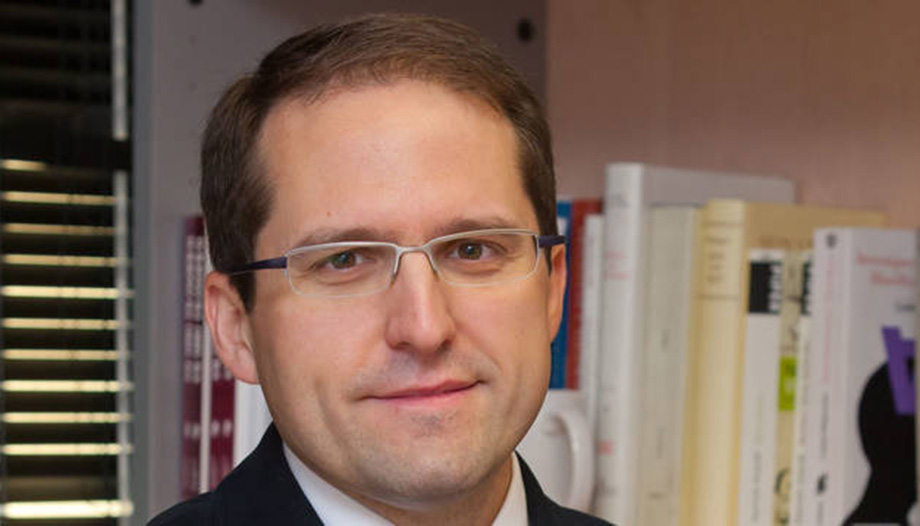





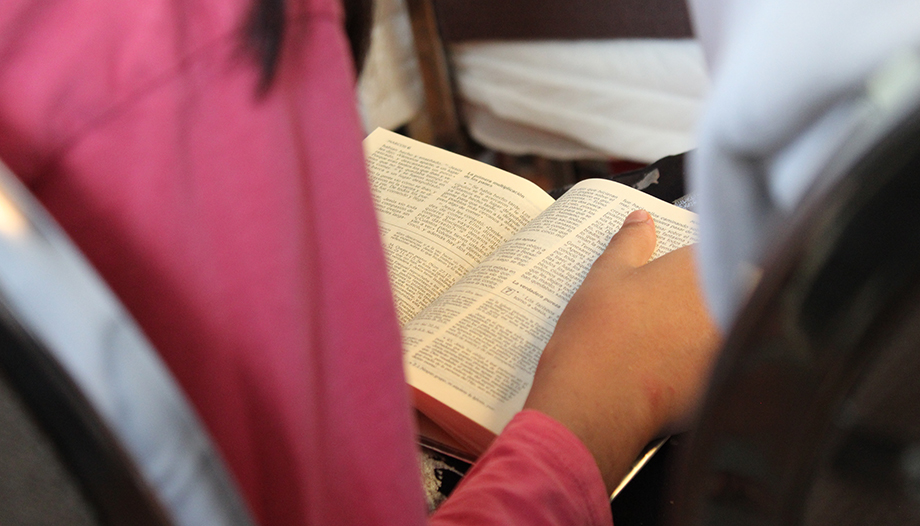
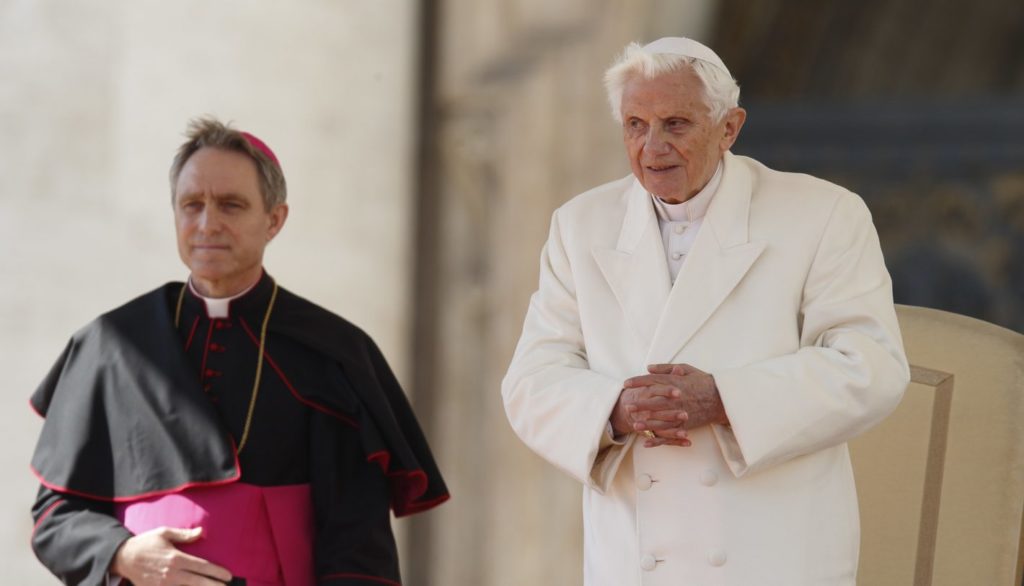
 Benedict XVI expresses sorrow but rejects all accusations
Benedict XVI expresses sorrow but rejects all accusations